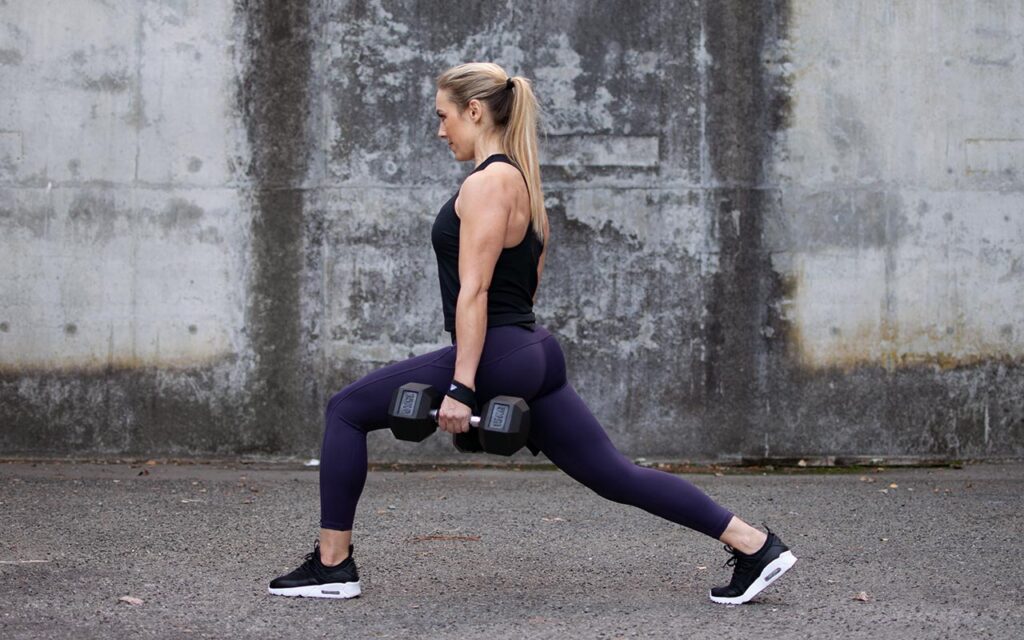Exercising on a vegan diet can present some unique challenges, especially when it comes to meeting your protein, essential fatty acid, iron, and vitamin D needs, as well as consuming enough calories to fuel your workouts. However, with a bit of planning and attention to your nutrient intake, it is possible to overcome these challenges and support your athletic performance and recovery.
Meeting protein needs:
Protein is essential for muscle recovery and growth, but plant-based protein sources may not be as easily absorbed or used by the body as animal-based protein sources. To make sure you’re getting enough protein, consider incorporating high-protein vegan foods into your diet such as legumes, soy products, and nuts. You can also consider supplementing with a plant-based protein powder, such as pea or hemp protein, as a convenient way to boost your protein intake.
Getting enough essential fatty acids:
Essential fatty acids, such as omega-3s, are important for overall health and can also play a role in muscle recovery and inflammation. Vegans may not consume enough of these essential fats since the best dietary source of omega-3s is fatty fish, which is not consumed by vegans. To get your essential fatty acids, you should include flaxseed, chia seeds, hemp seeds and walnuts in your diet. Also, consider supplementing with an algae-based omega-3 supplement.

Iron deficiency:
Iron is essential for maintaining energy levels and preventing anemia, but Iron from plant-based foods is not as easily absorbed by the body as iron from animal-based foods. To meet your iron needs, make sure to include iron-rich foods in your diet such as leafy greens, dried fruits, nuts and seeds, and fortified cereals. Also, consuming vitamin C-rich foods (like citrus fruits, strawberries, and bell peppers) along with iron-rich foods can help improve iron absorption.
Vitamin D deficiency:
Vitamin D is important for bone health, and a lack of vitamin D can lead to a deficiency which could affect strength and athletic performance. For this reason, supplementing with vitamin D is recommended. However, if you want to get it from food, fortified plant-based milk, fortified orange juice and mushrooms are some options.
Difficulty getting enough calories: Some vegans may have difficulty consuming enough calories to fuel their workouts and support muscle recovery, especially if they are limiting their consumption of high-calorie vegan foods like nuts and seeds, or if they have a high energy expenditure. To make sure you’re getting enough calories, consider incorporating high-calorie vegan foods into your diet such as avocado, coconut oil, and nut butter, and you can also consider supplementing with a high-calorie protein shake.
Overall, by being mindful of your nutrient intake, it IS possible to overcome the challenges of exercising on a vegan diet and support your athletic performance and recovery. Consult with a dietitian or physician for a personalised nutrition plan that can fit your lifestyle and fitness goal.
#vegandiet #veganhealth #veganworkout
